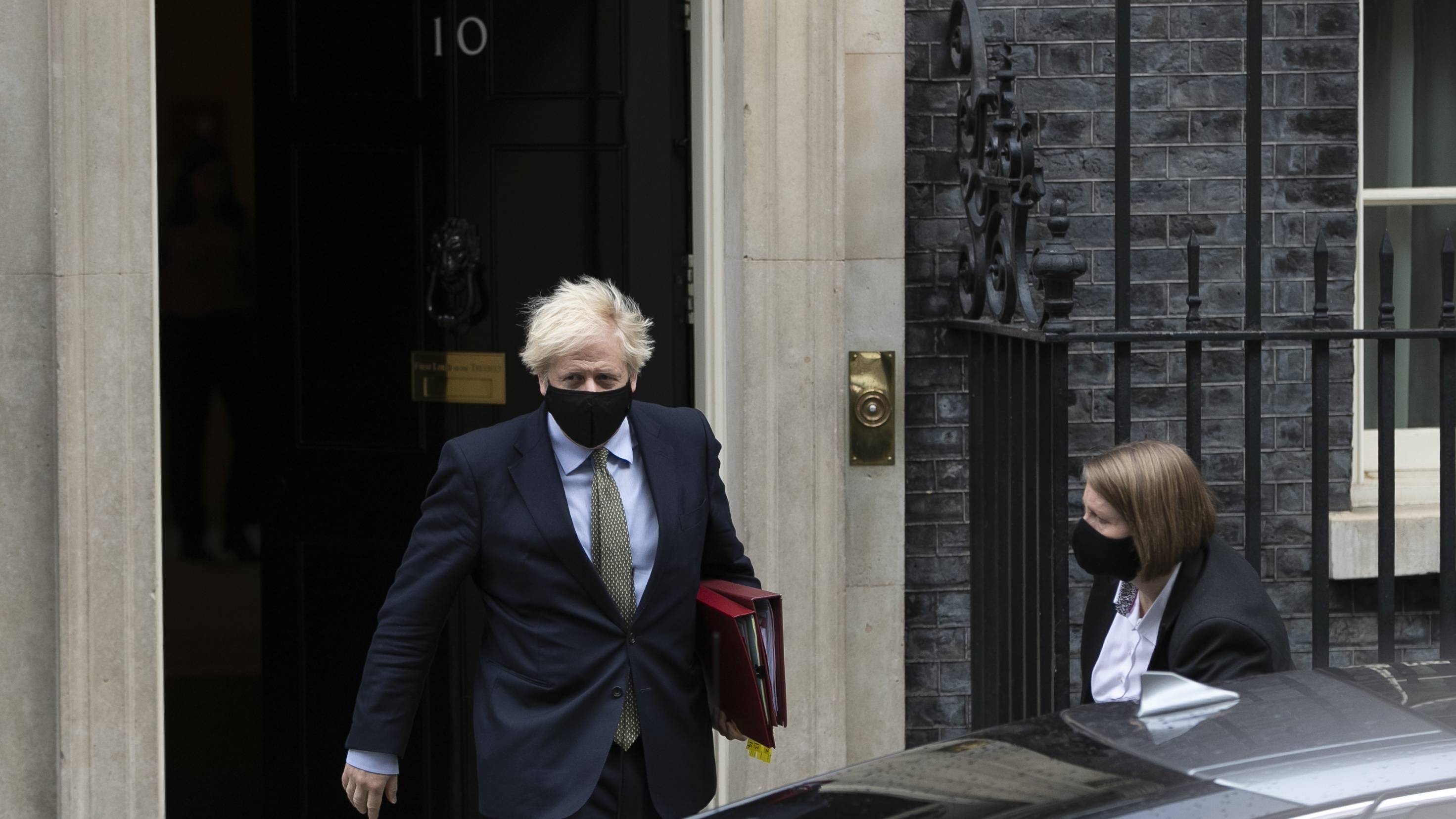What is an Australia-style trade deal?
Boris Johnson lays out plans for no-deal Brexit on 31 December

A free daily email with the biggest news stories of the day – and the best features from TheWeek.com
You are now subscribed
Your newsletter sign-up was successful
Boris Johnson has said the UK should “go for the Australia solution” as he announced that it’s time to “get ready" for the prospect of no-deal Brexit on 31 December.
Speaking from Downing Street, the prime minister said: “Unless there's a fundamental change of approach, we should go for the Australia solution.”
However, he insisted he was not completely walking away from negotiations, adding: “What we're saying to them is come here, come to us, if there's some fundamental change of approach.”
The Week
Escape your echo chamber. Get the facts behind the news, plus analysis from multiple perspectives.

Sign up for The Week's Free Newsletters
From our morning news briefing to a weekly Good News Newsletter, get the best of The Week delivered directly to your inbox.
From our morning news briefing to a weekly Good News Newsletter, get the best of The Week delivered directly to your inbox.
The news comes after EU leaders led by Emmanuel Macron were said to have “disappointed” UK negotiators yesterday by insisting that Johnson must back down in a row over fishing rights in order to get a Brexit deal.
Macron’s warning “startled” No. 10 and was “regarded as incendiary” in Downing Street, says The Guardian.
Johnson had originally said he wanted a Canada-style deal with the EU27, so what exactly is an Australia-style trade deal - and what does it mean for Britain?
How does Australia trade with the EU?
A free daily email with the biggest news stories of the day – and the best features from TheWeek.com
According to the BBC, Johnson’s suggestion that the UK could aim for an Australia-style deal is “another way of saying the UK [will] leave with no trade deal in place”.
In reality, the EU and Australia have been in negotiations to form such an agreement since 2018.
Although the two economic powers published a “partnership framework” back in 2008 that aims to facilitate trade in industrial products between them by reducing technical barriers, no rules were set for tariffs.
And how much is that trade worth?
Australia ranks as the 18th-largest trade in goods partner of the EU, while the bloc represents Australia’s second-largest trading partner after China, according to latest figures from the European Commission.
In 2017, Australia’s exports and imports of goods and services to the EU were worth a total of A$112.7bn (£58.6bn), compared with A$502.9bn (£62.9bn) to Asian markets, Australian government figures show.
Australia’s major goods exports to the EU are gold, coal and oil seeds, while the major imports from the EU are passenger motor vehicles, medicines and pharmaceutical products.
What would change for Britain under an Australia-style deal?
If the UK adopted WTO rules for trade with the EU - in other words, adopting an Australia-style agreement - tariffs would apply on imported and exported goods, says The Times.
Consumers in Britain could face paying to 10% more for cars and up to 30% for cheese, milk and meat, while companies that rely on frictionless trade with the EU would “almost certainly” relocate, the newspaper adds.
Former EU Trade Commissioner Phil Hogan warned earlier this year that the “Australian-style” Brexit trade deal suggested by Johnson was just “code for no-deal”, The Independent reports.
Joe Evans is the world news editor at TheWeek.co.uk. He joined the team in 2019 and held roles including deputy news editor and acting news editor before moving into his current position in early 2021. He is a regular panellist on The Week Unwrapped podcast, discussing politics and foreign affairs.
Before joining The Week, he worked as a freelance journalist covering the UK and Ireland for German newspapers and magazines. A series of features on Brexit and the Irish border got him nominated for the Hostwriter Prize in 2019. Prior to settling down in London, he lived and worked in Cambodia, where he ran communications for a non-governmental organisation and worked as a journalist covering Southeast Asia. He has a master’s degree in journalism from City, University of London, and before that studied English Literature at the University of Manchester.